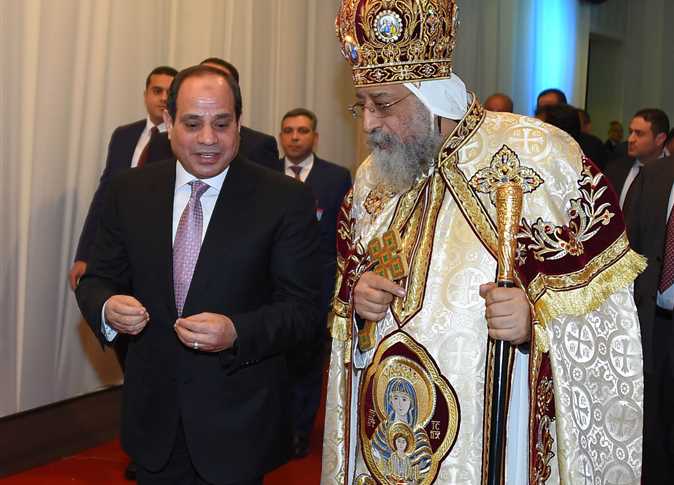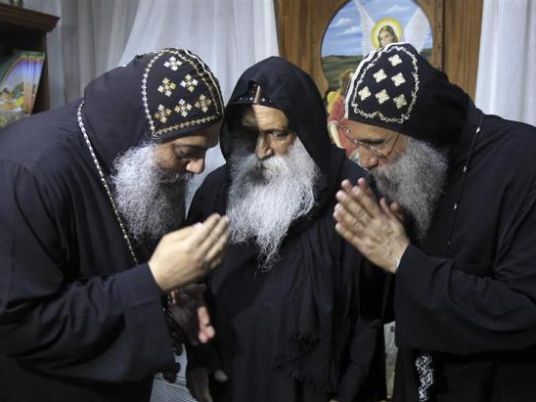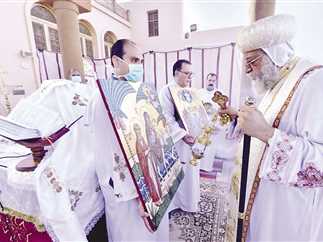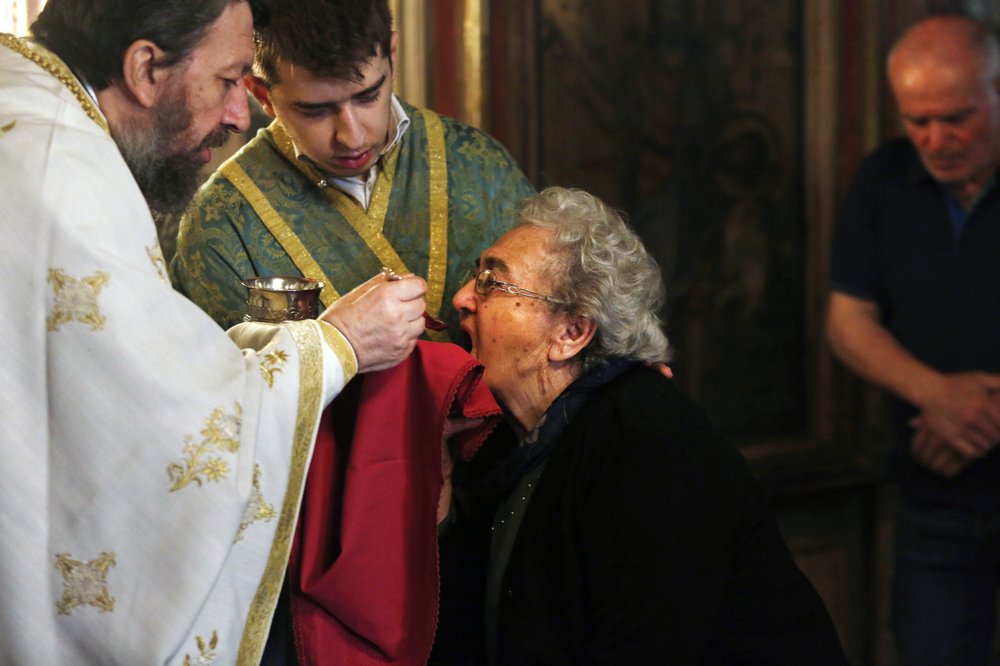Muslim and Christian leaders have roundly criticized Bishop Bishoy, secretary of the Coptic Church's Holy Synod, saying his remarks at a conference held in Fayoum on Wednesday could encourage sectarian strife.
In Bishoy's speech, the bishop suggested that certain verses of the Holy Quran had not been recited by the Prophet Mohammad but rather inserted later during the era of Caliph Uthman bin Affan.
Bishoy went on to call for a thorough study of the verses in question, contending that “dialogue and clarification makes one delve into the mind and abolish those verses that label us infidels.”
Muslims consider the Quran in its original Arabic to be the literal word of God, revealed to Prophet Mohammad orally through the archangel Gabriel over a twenty-three-year period. Mainstream Islamic schools of thought believe that the Quran was memorized, recited, and committed to writing by the prophet’s companions following each revelation.
According to Islamic tradition, the Quran was perfectly memorized by tens of thousands of followers before being compiled into a single book by order of the first Caliph, Abu Bakr, shortly after the prophet’s death.
When Uthman, the third Caliph, began noticing discrepancies in the Quran between different dialects of Arabic spoken at the time, he requested that the holy book be standardized in the Quraish dialect of Arabic, or Fus'ha, known today as Modern Standard Arabic.
Bishoy's comments drew mostly negative reactions.
“Too much talk about religious matters is dangerous," said Islamic scholar Ahmed Abul Magd. "People should stop provoking each other.”
Anglican Church deputy Andre Zaki said he had not read Bishoy’s speech. “Only a weak man proves his beliefs by denigrating those of others,” he said.
Catholic Church spokesman Rafik Greish, for his part, said his church was opposed to escalatory religious discourse. “Our country suffers from poverty,” he said. “It's better to focus on dealing with that.”
Leaders of the Coptic Church, for their part, declined to comment on the contentious statements by Bishoy, who is the second authority in the church after Pope Shenouda III. They did, however, assert that Bishoy was “a man of good will.”
Translated from the Arabic Edition.




